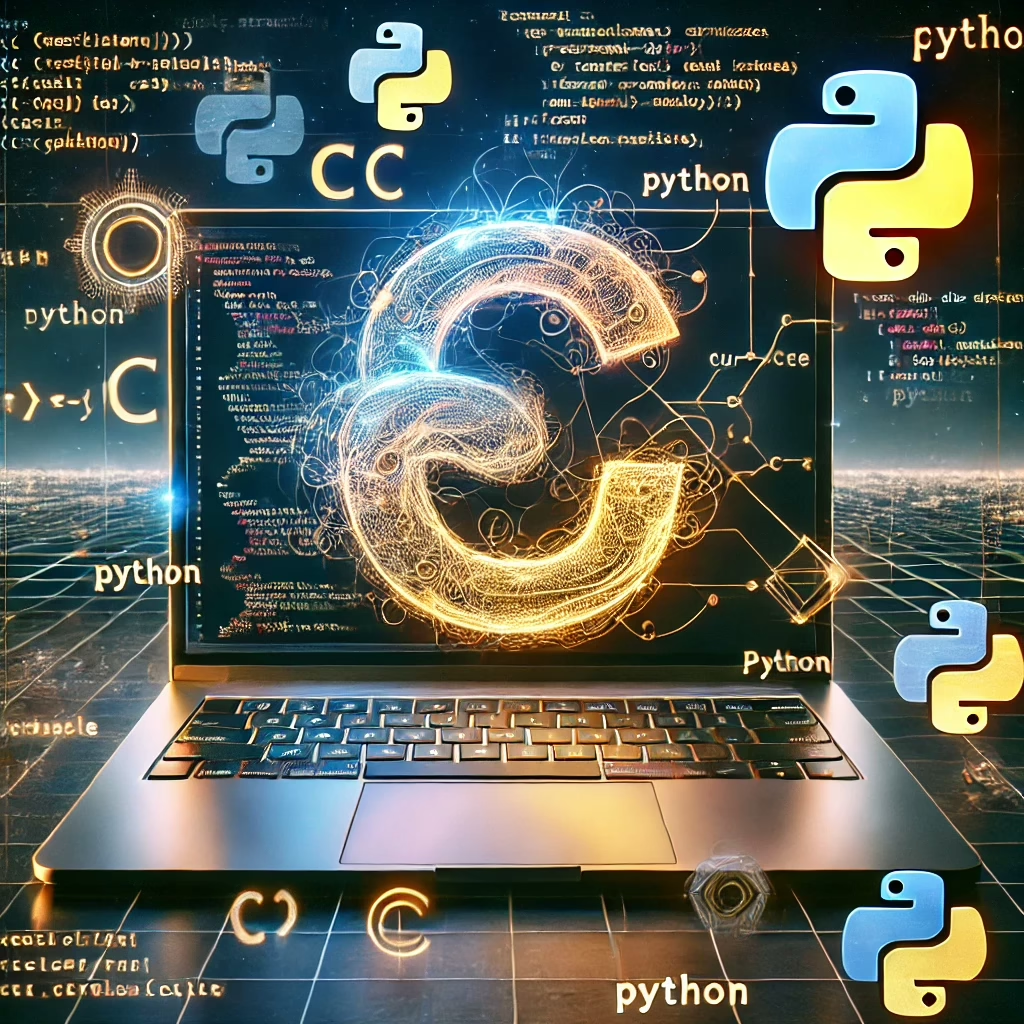Be part of a team that pushes boundaries, developing custom silicon solutions that power the future of our company's direct-to-consumer products. You'll contribute to the innovation behind products loved by millions worldwide. Your expertise will shape the next generation of hardware experiences, delivering unparalleled performance, efficiency, and integration.
In this role, you will be part of a team developing ASICs used to accelerate networking in data centers. You will have dynamic, multiple responsibilities in areas such as project definition, design, and implementation. You will participate in the design, architecture, documentation, and implementation of the next generation of data center accelerators.You will also be responsible for performance analysis for an end-to-end networking stack using your knowledge.
The AI and Infrastructure team is redefining whats possible. We empower our company customers with breakthrough capabilities and insights by delivering AI and Infrastructure at unparalleled scale, efficiency, reliability and velocity. Our customers , our company Cloud customers, and billions of our company users worldwide.
We're the driving force behind our company's groundbreaking innovations, empowering the development of our cutting-edge AI models, delivering unparalleled computing power to global services, and providing the essential platforms that enable developers to build the future. From software to hardware our teams are shaping the future of world-leading hyperscale computing, with key teams working on the development of our TPUs, Vertex AI for our company Cloud, our company Global Networking, Data Center operations, systems research, and much more.
Responsibilities
Lead a complex ASIC subsystem.
Understand how it interacts with software and other ASIC subsystems to implement data center networks.
Define high-performance hardware/software interfaces. Write micro architecture and design specifications.
Define efficient micro-architecture and block partitioning/interfaces and flows.
Collaborate closely with software, verification, and physical design stakeholders to ensure the designs are complete, correct, and performant.
In this role, you will be part of a team developing ASICs used to accelerate networking in data centers. You will have dynamic, multiple responsibilities in areas such as project definition, design, and implementation. You will participate in the design, architecture, documentation, and implementation of the next generation of data center accelerators.You will also be responsible for performance analysis for an end-to-end networking stack using your knowledge.
The AI and Infrastructure team is redefining whats possible. We empower our company customers with breakthrough capabilities and insights by delivering AI and Infrastructure at unparalleled scale, efficiency, reliability and velocity. Our customers , our company Cloud customers, and billions of our company users worldwide.
We're the driving force behind our company's groundbreaking innovations, empowering the development of our cutting-edge AI models, delivering unparalleled computing power to global services, and providing the essential platforms that enable developers to build the future. From software to hardware our teams are shaping the future of world-leading hyperscale computing, with key teams working on the development of our TPUs, Vertex AI for our company Cloud, our company Global Networking, Data Center operations, systems research, and much more.
Responsibilities
Lead a complex ASIC subsystem.
Understand how it interacts with software and other ASIC subsystems to implement data center networks.
Define high-performance hardware/software interfaces. Write micro architecture and design specifications.
Define efficient micro-architecture and block partitioning/interfaces and flows.
Collaborate closely with software, verification, and physical design stakeholders to ensure the designs are complete, correct, and performant.
Requirements:
Minimum qualifications:
Bachelor's degree in Electrical Engineering, Computer Engineering, Computer Science, or a related field, or equivalent practical experience.
10 years of experience architecting networking ASICs from specification to production.
Experience developing RTL for ASIC subsystems.
Experience with cross-functional engagement in micro-architecture, design, verification, logic synthesis, and timing closure.
Preferred qualifications:
Experience working with software teams optimizing the hardware/software interface.
Experience working with design networking like: Remote Direct Memory Access (RDMA) or packet processing and system design principles for low latency, high throughput, security, and reliability.
Experience in TCP, IP, Ethernet, PCIE and DRAM including Network on Chip (NoC) principles and protocols (AXI, ACE, and CHI).
Experience architecting networking switches, end points, and hardware offloads.
Understanding of packet classification, processing, queuing, scheduling, switching, routing, traffic conditioning, and telemetry.
Proficiency in a procedural programming language (e.g. C++, Python, Go).
Minimum qualifications:
Bachelor's degree in Electrical Engineering, Computer Engineering, Computer Science, or a related field, or equivalent practical experience.
10 years of experience architecting networking ASICs from specification to production.
Experience developing RTL for ASIC subsystems.
Experience with cross-functional engagement in micro-architecture, design, verification, logic synthesis, and timing closure.
Preferred qualifications:
Experience working with software teams optimizing the hardware/software interface.
Experience working with design networking like: Remote Direct Memory Access (RDMA) or packet processing and system design principles for low latency, high throughput, security, and reliability.
Experience in TCP, IP, Ethernet, PCIE and DRAM including Network on Chip (NoC) principles and protocols (AXI, ACE, and CHI).
Experience architecting networking switches, end points, and hardware offloads.
Understanding of packet classification, processing, queuing, scheduling, switching, routing, traffic conditioning, and telemetry.
Proficiency in a procedural programming language (e.g. C++, Python, Go).
This position is open to all candidates.













